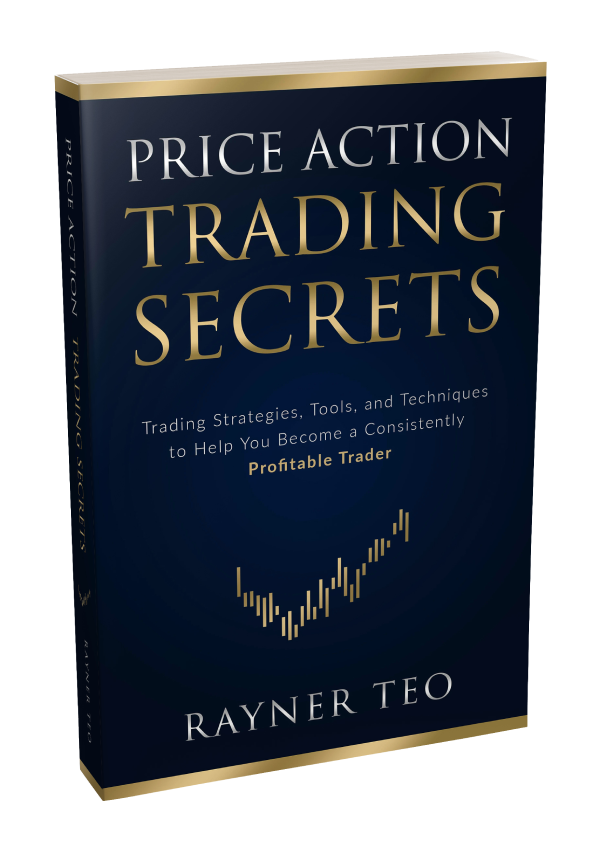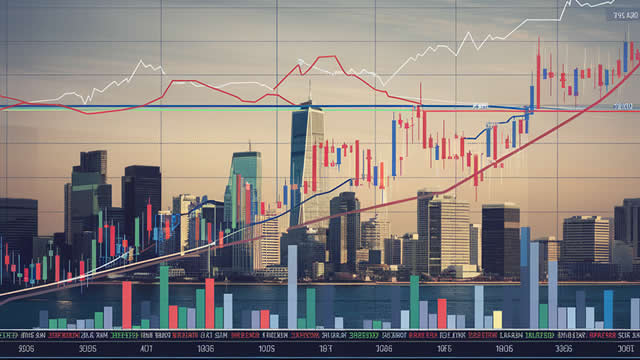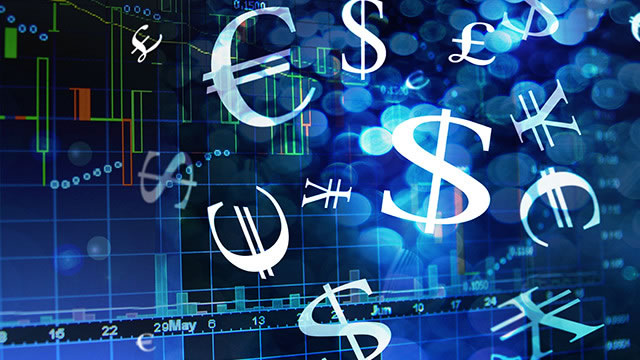You’re not perfect
You’ll make trading mistakes causing you to lose your hard earned money
Just when you thought you got it figured out… BAM. You make a wrong move and it costs you dearly.
Trading in the stock market can be a thrilling and lucrative venture. However, it’s important to remember that no one is perfect, and mistakes are bound to happen. These mistakes can lead to significant financial losses, which can be devastating. Whether it’s a poor investment decision, emotional trading, or simply bad luck, losing money in the market is a harsh reality that every trader will face at some point.
One of the most common trading mistakes is letting emotions dictate your decisions. Fear and greed can cloud your judgment and lead to impulsive actions that you may later regret. For example, selling a stock in a panic during a market downturn or holding onto a losing position in the hopes that it will turn around are classic examples of emotional trading.
Another common mistake is failing to do proper research and analysis before making a trade. Jumping into a stock based on a hot tip or without understanding the underlying fundamentals can be a recipe for disaster. It’s essential to take the time to fully research a company, its industry, and the overall market conditions before making any investment decisions.
Furthermore, overtrading can also lead to financial losses. Chasing every market trend or constantly buying and selling securities can rack up transaction costs and erode your profits. It’s important to have a clear trading plan and stick to it, rather than succumbing to the temptation of frequent trading.
So, what can you do to minimize the impact of trading mistakes? First and foremost, always remember that losses are a part of the game. It’s crucial to have a risk management strategy in place to protect your capital and limit potential losses. This can include setting stop-loss orders, diversifying your portfolio, and maintaining a long-term perspective.
Additionally, learning from your mistakes is key to becoming a successful trader. Take the time to reflect on what went wrong, why it happened, and how you can avoid making the same mistake in the future. Utilize resources such as trading journals, educational materials, and seeking advice from experienced traders to improve your skills and decision-making abilities.
While making trading mistakes and losing money can be disheartening, it’s important to remember that it’s all part of the learning process. Every successful trader has faced setbacks and challenges along the way. By staying disciplined, learning from your mistakes, and continually improving your trading skills, you can navigate the ups and downs of the market with confidence and resilience.
How this will affect me:
As an individual trader, making mistakes in trading and losing money can have a significant impact on your financial well-being. It can erode your confidence, lead to stress and anxiety, and potentially set you back in reaching your financial goals. However, by learning from these mistakes and implementing sound risk management practices, you can mitigate the negative effects and ultimately become a more successful and resilient trader.
How this will affect the world:
In the global financial markets, trading mistakes and losses are a common occurrence that can have ripple effects on the economy as a whole. Large-scale trading errors, market crashes, and financial crises have the potential to destabilize economies, disrupt industries, and impact millions of individuals around the world. It’s essential for regulators, policymakers, and market participants to work together to ensure transparency, accountability, and stability in the financial markets to mitigate the impact of trading mistakes on a broader scale.
Conclusion
Trading mistakes are an inevitable part of the journey for any trader. While they can be painful and costly, they also present valuable learning opportunities for personal growth and improvement. By acknowledging your mistakes, learning from them, and staying disciplined in your trading approach, you can navigate the complexities of the market with resilience and confidence.





